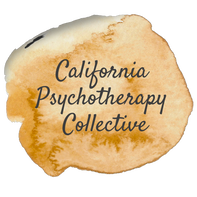|
We are a collective of psychotherapists in private practice who share in a mission to aid the healing transformation of individuals, couples, and families from all backgrounds through the integration of psychotherapy and spirituality. We maintain our commitment to providing high quality services by working as a community and supporting each other in our professional development. |

 RSS Feed
RSS Feed
